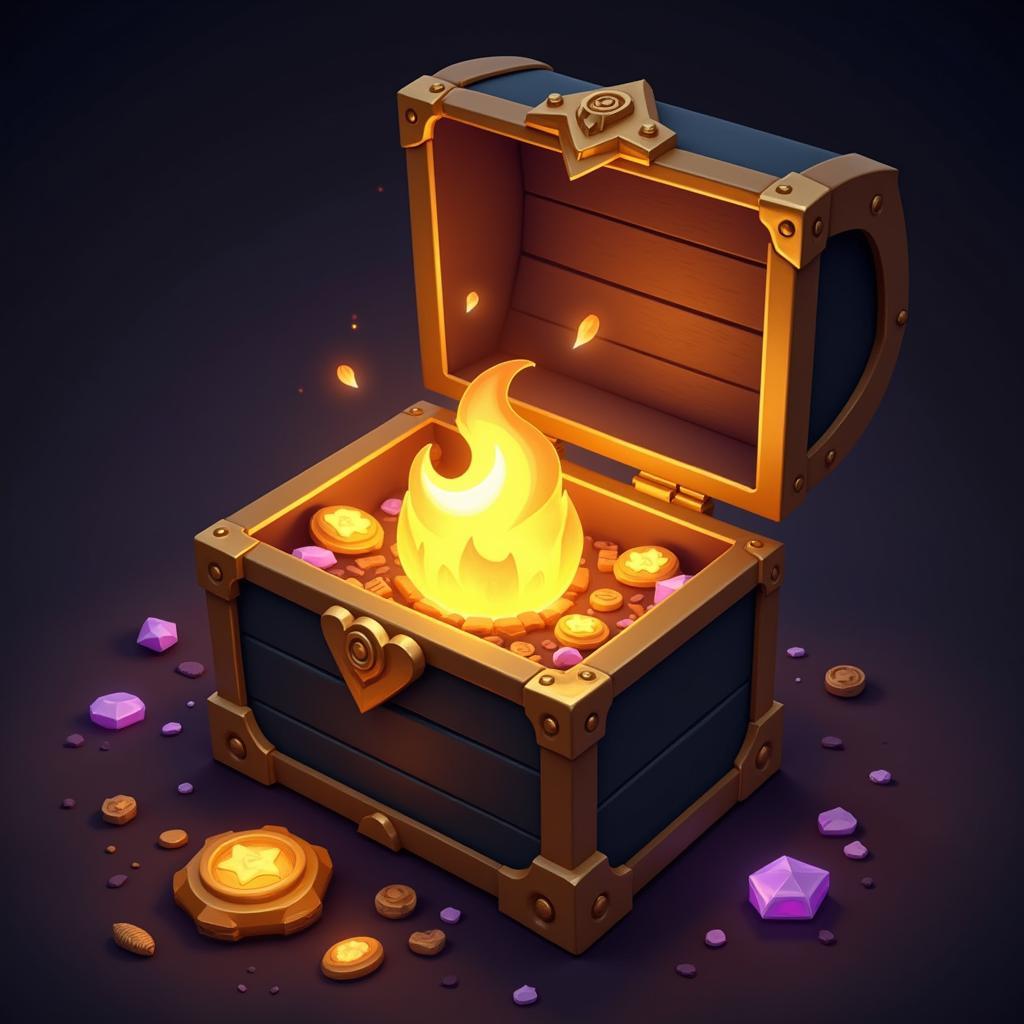Probabilities play a crucial role in many aspects of gaming, influencing everything from loot drops and critical hits to matchmaking and AI behavior. Understanding these probabilities can significantly enhance your gaming experience, allowing you to make more informed decisions and strategize effectively.
Decoding the Dice Roll: Probabilities Explained
Probability, at its core, is the measure of how likely an event is to occur. It’s expressed as a number between 0 and 1, where 0 represents impossibility and 1 represents certainty. In gaming, probabilities are often presented as percentages, ranging from 0% to 100%. For instance, a 25% chance of a critical hit means that for every four attacks, statistically, one should result in a critical hit. However, it’s important to remember that probability doesn’t guarantee outcomes, especially in the short term. Just because you have a 50% chance of winning a coin toss doesn’t mean you’ll win exactly half the time if you flip the coin ten times.
How Probabilities Impact Game Design
Game designers utilize probabilities to balance gameplay, create exciting moments, and influence player progression. Loot systems, for example, often employ varying probabilities to make rare items feel truly special. Imagine a legendary sword with a 0.1% drop rate. The low probability makes acquiring this item a significant achievement, adding to its perceived value and the overall excitement of the game.
 Loot Drop Probability in RPGs
Loot Drop Probability in RPGs
Calculating and Interpreting Probabilities
While you don’t need to be a mathematician to enjoy games, understanding basic probability calculations can be beneficial. For example, if an event has a 1/10 chance of occurring, and you repeat the event ten times, the probability of it happening at least once is not 100%. It’s calculated as 1 – (9/10)^10, which is approximately 65%. This highlights the difference between independent events and the probability of an event happening over multiple trials.
“Understanding the math behind probabilities empowers players to make smarter choices. It’s not about predicting the future, but about understanding the likelihood of different outcomes,” says Dr. Emily Carter, a leading game design consultant.
Probabilities and RNG: Myths and Realities
RNG (Random Number Generator) is the heart of probability in gaming. It’s a system designed to produce unpredictable sequences of numbers, ensuring that events occur randomly. However, many myths surround RNG, with players often believing in patterns or biases. In reality, a well-designed RNG ensures that each event is independent and unaffected by previous outcomes.
“Players often attribute meaning to random occurrences. They might think they’re on a ‘lucky streak’ or that the game is ‘rigged’ against them. It’s important to remember that randomness, by definition, doesn’t follow predictable patterns,” explains Dr. Carter.
Utilizing Probabilities to Your Advantage
By understanding the probabilities within a game, you can make strategic decisions. For example, in a card game, knowing the probability of drawing a specific card can influence your discard choices. In a role-playing game, understanding the probabilities of different attack types can help you optimize your build.
Conclusion
Probabilities are an integral part of gaming, influencing various aspects of the player experience. From loot drops to combat mechanics, understanding how probabilities work can enhance your enjoyment and strategic decision-making. By embracing the randomness and learning to interpret the odds, you can gain a deeper appreciation for the intricate design of your favorite games. Remember, probabilities are about understanding the likelihood, not guaranteeing the outcome.
FAQ
- What is the difference between probability and odds?
- How can I calculate probabilities in games?
- Do all games use RNG?
- Are there ways to manipulate RNG in games?
- Why are probabilities important in game design?
- How do probabilities affect player psychology?
- What resources can I use to learn more about probabilities in gaming?
Common Scenarios and Questions:
- Scenario: A player opens 100 loot boxes and doesn’t receive the rare item advertised with a 1% drop rate. Is the system rigged?
- Answer: Not necessarily. While the probability suggests that on average one player out of 100 should get the item, it doesn’t guarantee it. Due to the nature of randomness, some players might get it multiple times, while others might not get it at all within 100 tries.
Further Exploration:
For more information on game mechanics and design, explore other articles on our website, such as “The Art of Game Balancing” and “Understanding Game AI.”
Need Assistance?
For any support or inquiries, please contact us: Phone: 0902476650, Email: [email protected]. Or visit our office at 139 Đ. Võ Văn Kiệt, Hoà Long, Bà Rịa, Bà Rịa – Vũng Tàu, Việt Nam. We have a 24/7 customer support team ready to assist you.





